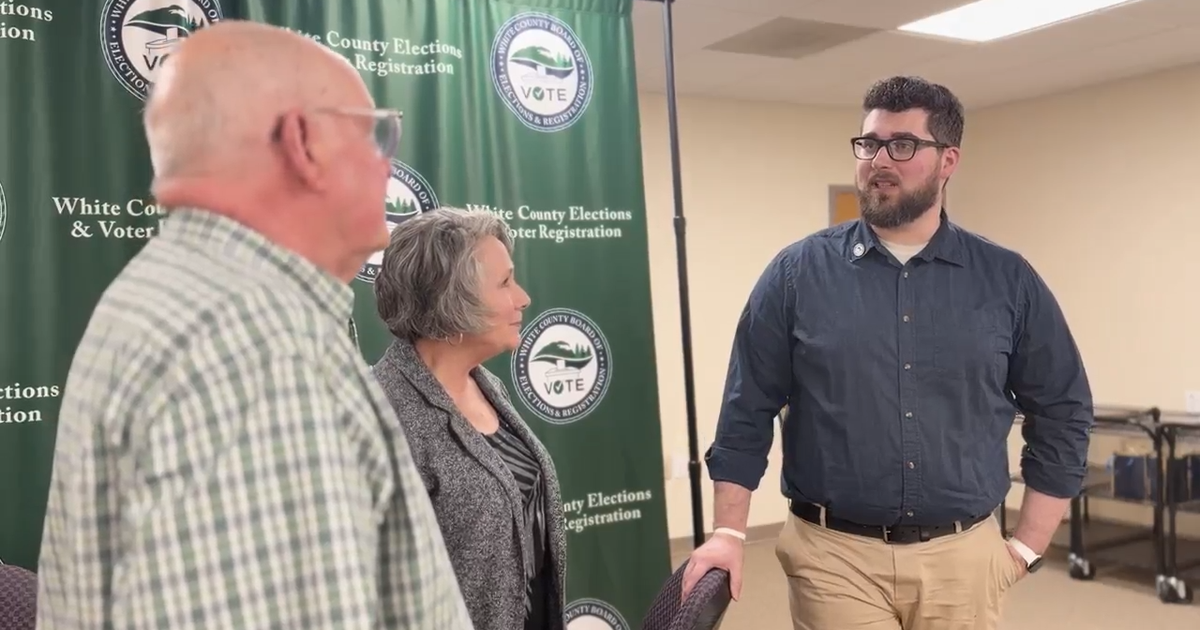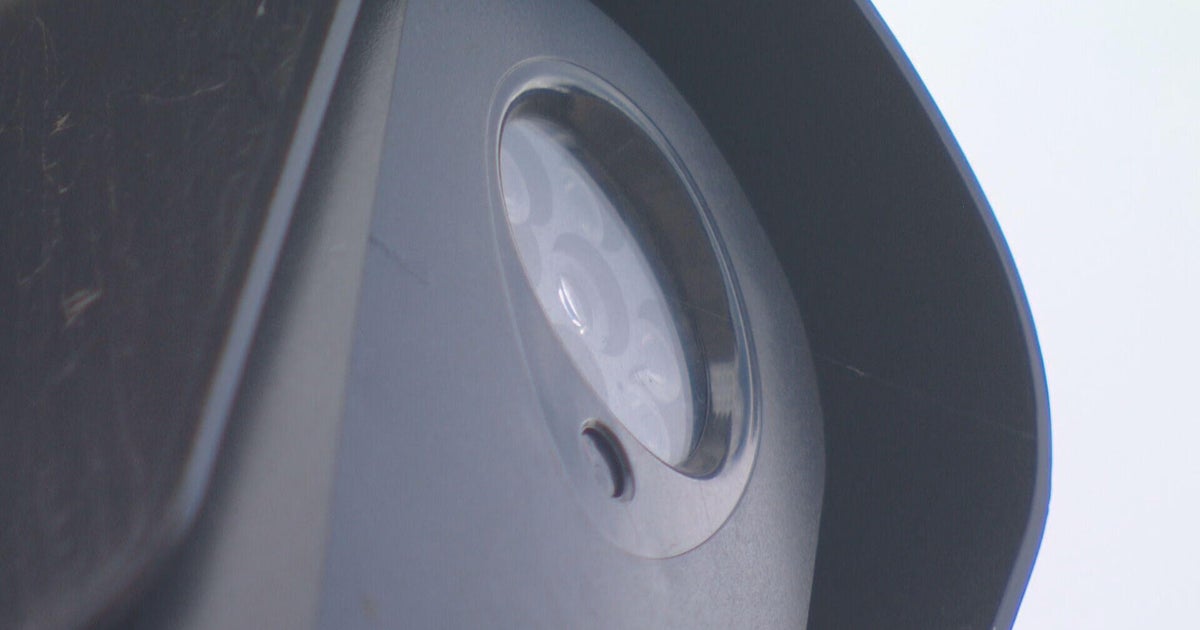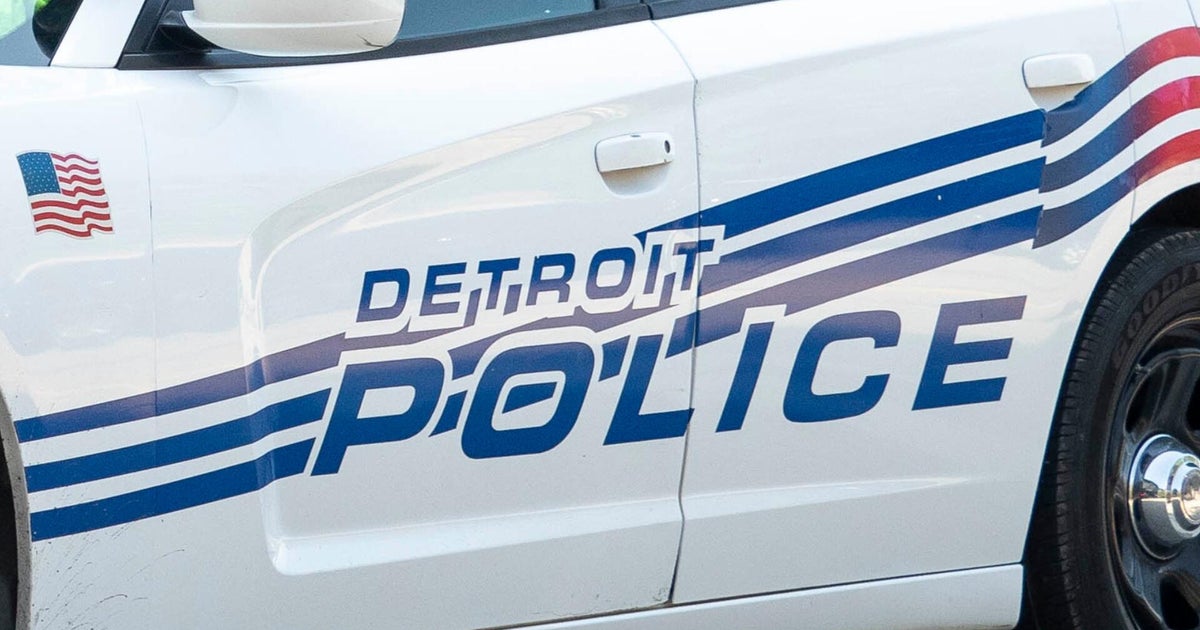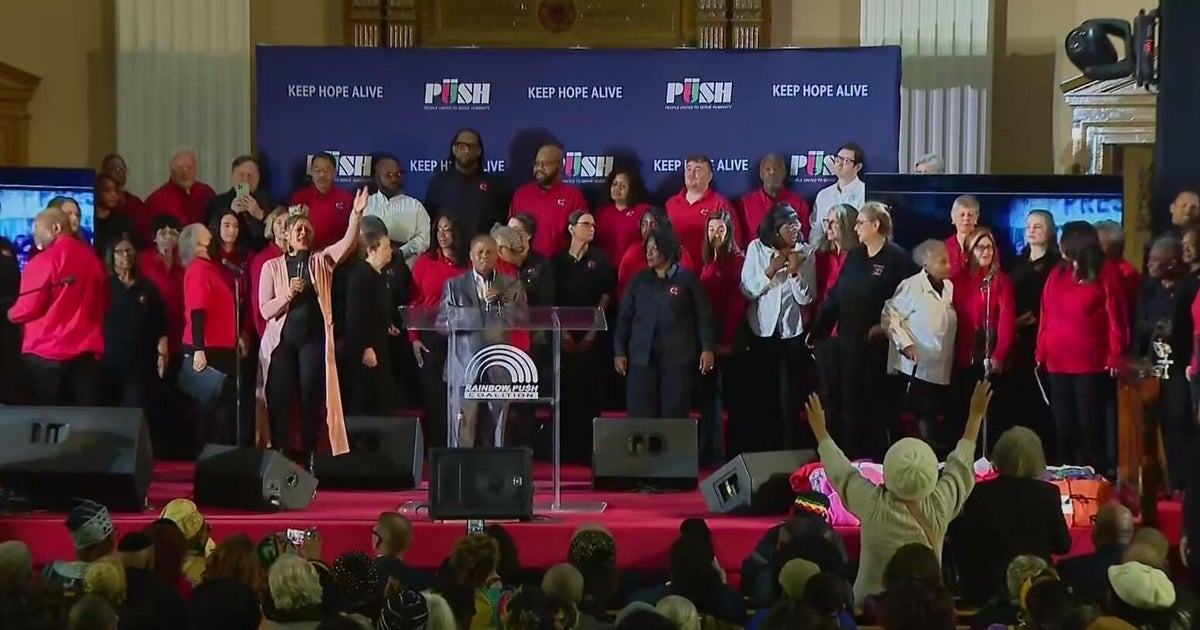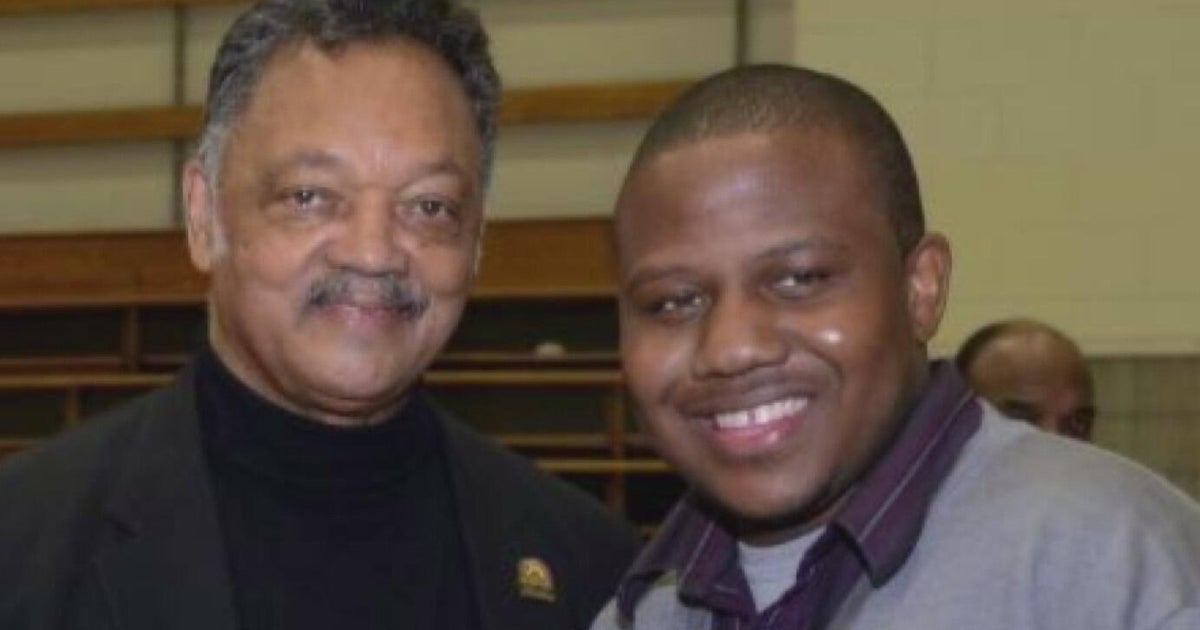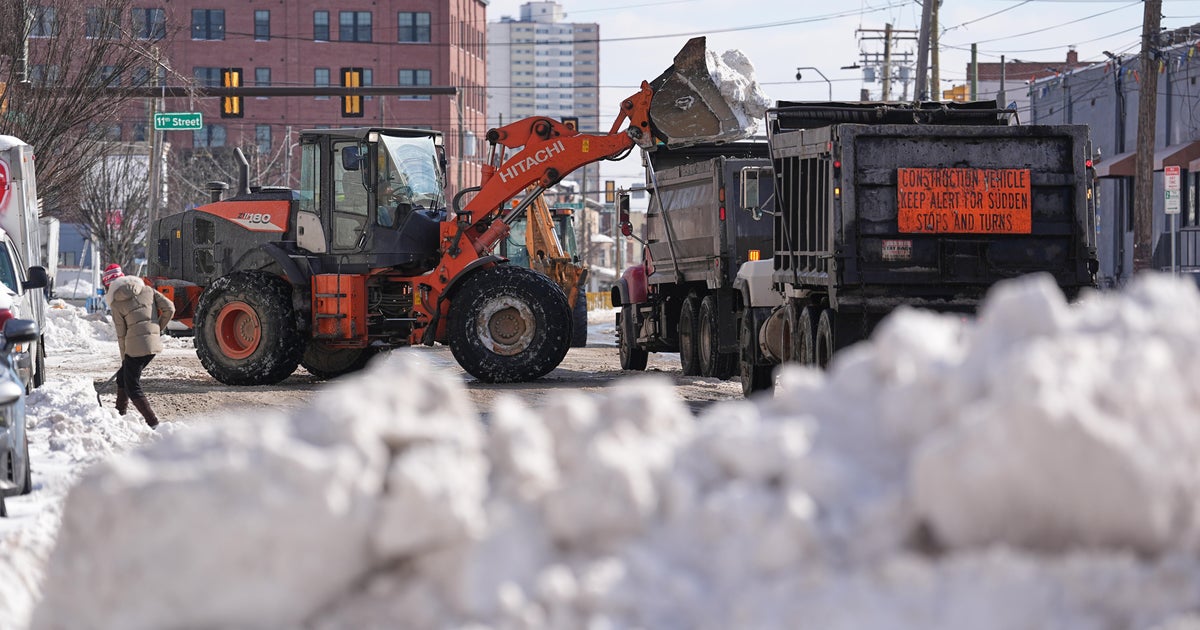Jesse White: Emanuel "Has To Rethink" Red Light Camera Program Ahead Of Runoff
CHICAGO (CBS) -- Illinois Secretary of State Jesse White said, as Mayor Rahm Emanuel prepares for the runoff election in April, he might need to rethink the city's red light camera program.
White co-chairs the mayor's re-election campaign, and he said he's prepared to take Emanuel to black churches and community meetings so he can regain African-American votes he's lost in his first term.
"He's gotta educate the people that he's concerned about the future of this wonderful city, concerned about educating our youth, making sure that they get the kind of education that they deserve, and that he's going to be more visible in the African-American community than he has thus far," he said.
White acknowledged some voters remain angry over getting tickets from red light cameras.
"He has to rethink those red lights and those cameras. That's going to be up to him," White said.
Podcast
Emanuel's opponent in the runoff, Jesus "Chuy" Garcia, has called for a moratorium on red light camera tickets, and said the program should be halted until an independent study shows they improve safety.
Garcia said City Hall is blind to the red light camera problems because of the money they bring in. Since 2002, they've generated $500 million in tickets.
The red light camera program has been plagued by a string of scandals in recent years.
A former top city official and the former CEO of the city's original camera vendor have been indicted in a bribery scheme tied to the red light camera program.
John Bills, a former top official at CDOT, was arrested last year for allegedly accepting hundreds of thousands of dollars in bribes to steer $124 million worth of red light camera contracts to the original contractor for the program. That firm has since been booted from the program, and its former CEO, Karen Finley, has pleaded not guilty to bribing Bills.
Bills' longtime friend, 73-year-old Martin O'Malley, also has been indicted on one count of conspiracy to commit bribery, for allegedly serving as the bagman for the bribes.
The program repeatedly has come under fire from the city's inspector general, who said the Chicago Department of Transportation did not keep sufficient records to back up claims the cameras have been placed at the most dangerous intersections in Chicago.
The inspector general's office also found the city quietly shifted the standard for issuing red light camera tickets in February 2014, allowing violations to be issued at intersections where the yellow light time is just under the three-second federal minimum standard. That change allowed the city to issue 77,000 more tickets -- and pull in $7.7 million in extra ticket revenue -- before the city again changed the threshold back to at least 3 seconds.
The Chicago Tribune also published an investigation last year, which questioned several unexplained spikes in red light camera tickets since 2007, prompting the city to offer 9,000 motorists caught during one of the spikes a second chance to contest their tickets. However, the city ultimately offered only 126 refunds, while not explaining what caused the spikes in ticketing.
Meantime, a study commissioned by the Tribune found, while right-angle T-bone crashes have gone down at intersections with red light cameras since 2005, the drop is not nearly as significant as the city has claimed.
The city has boasted a 47 percent reduction in right-angle crashes at intersections with red light cameras. However, the Tribune study found the city did not factor in significant changes in the way the state tracks traffic accidents, the improved safety of modern vehicles, or changes in traffic flow due to the recession. The Tribune study showed a 15 percent drop in right-angle crashes, but also a 22 percent increase in rear-end crashes, likely due to drivers slamming on their brakes to avoid a ticket.
If Emanuel wants to get more than the 45 percent of the vote he got on Tuesday, White said the red light camera program will be a big issue.

